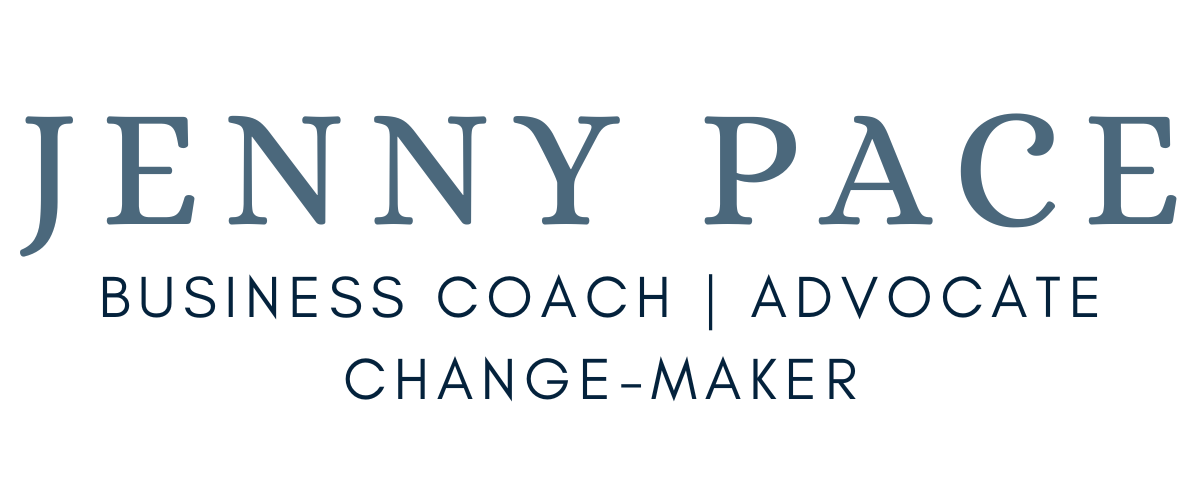I don’t know anyone who wins at emails. But I do know this: having a system in place to process emails can add a level of calm and make you feel better about them (and how you spend your time).
As with everything, it’s about finding what works best for you, but I wanted to give you some ideas to try out for yourself.
Use folders (or labels) and rules to your advantage. Have a folder for orders, and get all your order emails automatically sent there. (Google ‘how to automatically file emails in [insert email provider here]’.) You could have a separate one for enquiries, because you process them differently to orders.
I tend to use my actual inbox as to do list items, so I can file emails away when I’ve replied or actioned them. That way, I regularly get down to a handful (sometimes none!) of emails in my inbox, and feel less like I’ve got an endless to do list going on! You may need to do a big clean up to get there, but you could always short cut by setting up and ‘old inbox’ folder, and stick everything in there. It’s all searchable anyway.
Identify emails that are ‘read only’. I have lovely blogs and newsletters I subscribe to that I love to read, but aren’t things I actually need to do. I keep these in an ‘inspiration’ folder, and I read through them at leisure.
Unsubscribe. Don’t just delete emails you’re not interested in anymore. Unsubscribe! Your inbox is a sacred space. It takes up a lot of emotional energy. Don’t let things in that aren’t worth your time.
Schedule email time. I catch up on emails on Fridays. I put aside an hour or so each day to reply to emails. You don’t have to be ‘on call’ for emails every second of every day. Some people check in at the top of each hour, to get enquiries or new orders, and reply to and quick and easy emails. Try putting some boundaries around the time you spend checking email, and turning off notifications at all other times.
Avoid emails first thing each morning. This is a tough one, but I’m going to stand by it. Mornings are often our clearest thinking time, and our most creative time — until we allow other people and thoughts to cloud our minds. One of the best ways you can make the most of a fresh new day is to avoid email for the first hour or so. Try having your breakfast before email. I always write my essential to do list before I check email. Many days, I’ll do some creative work before I get stuck into emails.
Manage email expectations. If you’re usually an immediate replier and are thinking of changing how you use email, consider letting clients, friends and customers know that you’re shifting things around a bit. ‘I’m trying something new to help manage my time more effectively, so I may not be able to reply immediately.’ Some people like to send out auto-respond emails. I shy away from them, because I don’t want to send an email to say I’m going to send an email, unless I’m on holiday and it’ll be more than a week before I can respond. Whatever you decide, your actions speak louder than words, so know that if you always reply immediately, that’s what people will start to expect. And if you reply at night, people will think you’re available 24/7.
Prioritise. What’s most important for you to respond to? I (mostly) prioritise my existing mentoring clients over potential new clients, but I try to set aside time for both each day. You might decide that customer enquiries are your top priority, because it’s easy to prevent problems when they’re replied to quickly. Be clear on what’s top of your list, and consciously allow other things to fall to the bottom.
Ultimately, I want you to know that struggling with emails is universal, and it doesn’t mean your business is failing. But it is something that can make you feel better if it’s working well for you. Experiment this week, and let me know your techniques.
Jx
PS Today is the absolute last day to book a place on my retreat in a couple of weeks. I have two places left. If one of them should be yours, book now!



